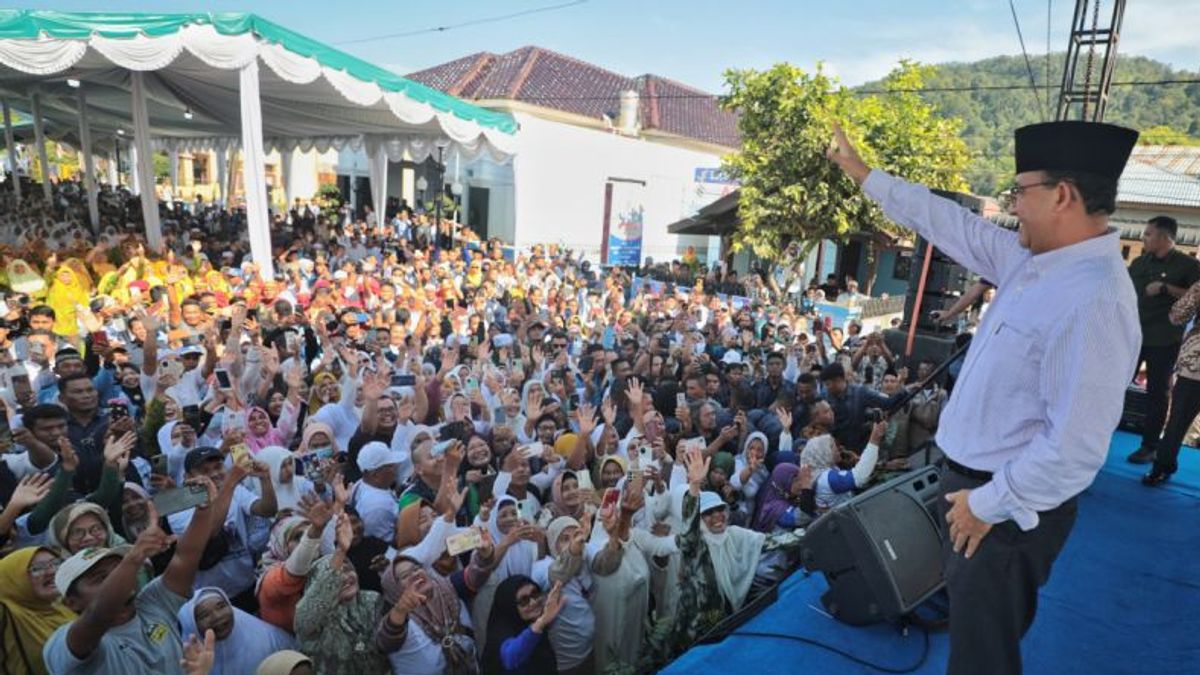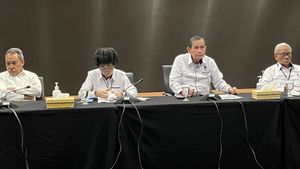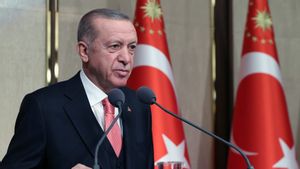Presidential candidate number 1 Anies Baswedan received questions from the public about the alignment of a leader when dealing with party interests that clash with the community.
This question was asked at Anies' Desak event in Ambon City, Maluku. Responding to him, Anies admitted that he was in a dilemma to side with his party in the election or prioritize the interests of the community when he served as Governor of DKI Jakarta for the 2017-2022 period.
"We often in life have to decide between dilemmas. I often experience dilemmas like that," said Anies, Monday, January 15.
However, Anies claims to have four considerations that can be taken when facing a dilemma of the conflict between the party and the people in a government policy.
The considerations are the principles of justice and equality; which public interests are bigger; data, knowledge, and facts that are references; as well as the basis of conventions, rules, and laws concerning related issues.
"I'm not turning this order back. Many governments take the decision behind it. Number one is what the rules say first. Well, many of our rules don't make sense, they don't match field conditions," said Anies.
SEE ALSO:
Anies faced an example of the dilemma case is the problem of determining the increase in the DKI Jakarta provincial minimum wage (UMP) in 2022.
At that time, the central government formulated the minimum wage based on the Omnibus Law on the Job Creation Law. The increase in the DKI UMP using the Omnibus Law was only 0.85 percent.
However, Anies prefers to formulate the 2022 UMP using another formula and result in an increase of 5.1 percent. This decision was protested by entrepreneurs until Anies was sued in court.
"What happened? All entrepreneurs protested to me. Then the entrepreneur of course called the party leadership because he knew him. (The party leader) told me everything," said Anies.
"To them I answered like this, 'Ladies and gentlemen, do you think it makes sense that it doesn't mean 8 percent and it's now 0.8 percent?'," he continued.
The English, Chinese, Japanese, Arabic, and French versions are automatically generated by the AI. So there may still be inaccuracies in translating, please always see Indonesian as our main language. (system supported by DigitalSiber.id)

















